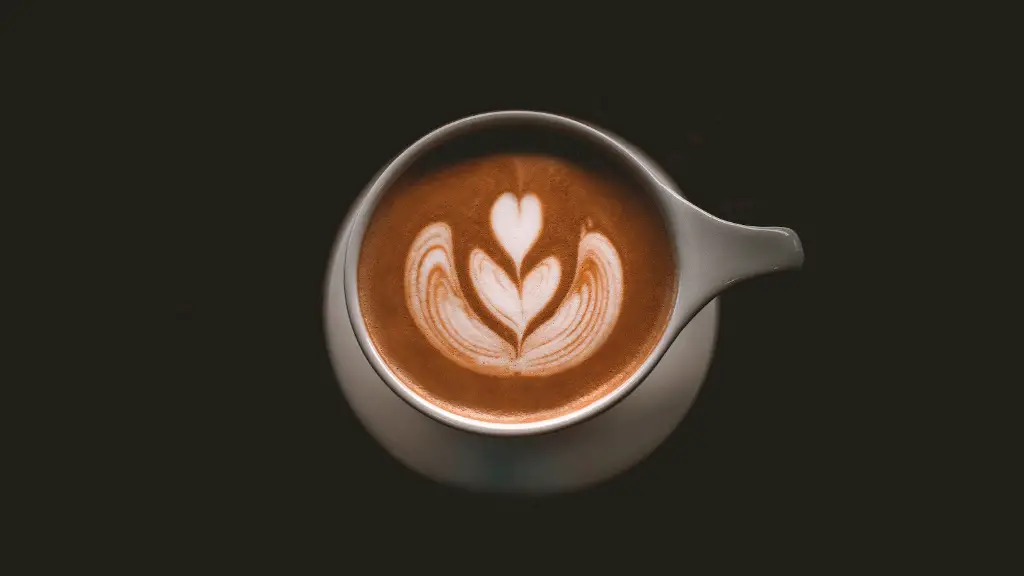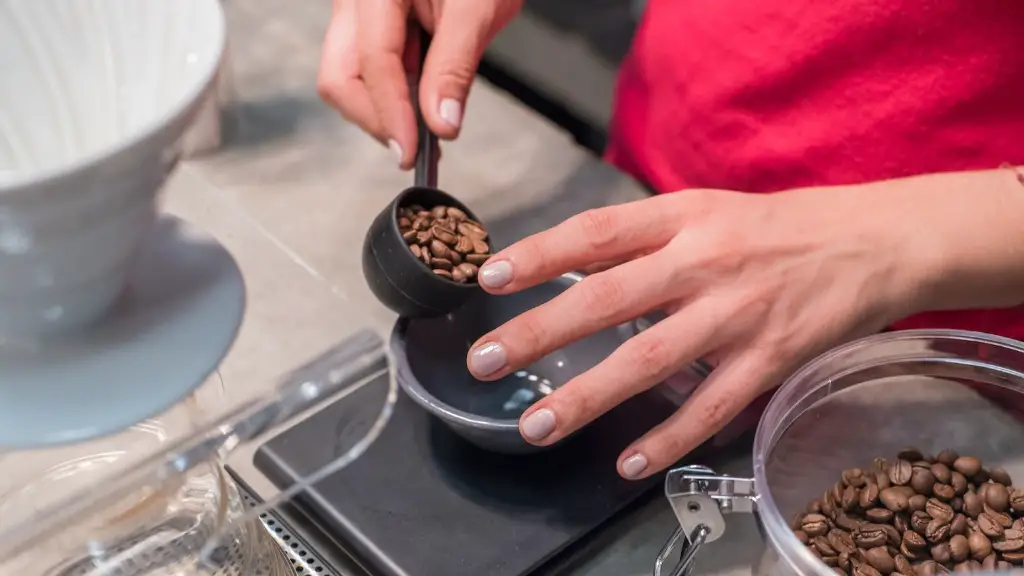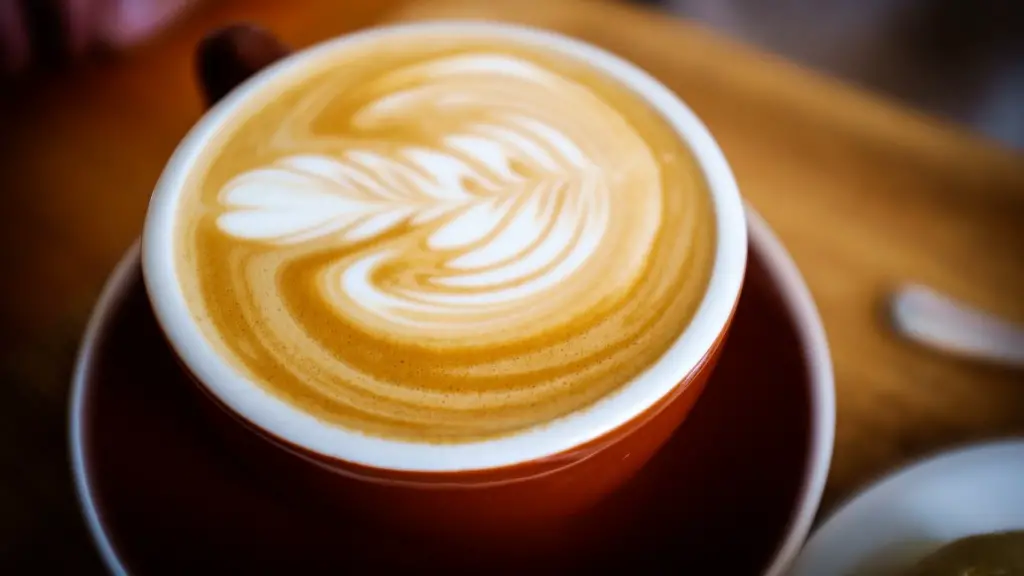When Did We Start Drinking Coffee?
Humans have been consuming coffee for hundreds of years, with evidence suggesting that it was first discovered and consumed in Ethiopia in the 15th century. Today, coffee continues to be a popular beverage around the world, enjoyed by billions. In this article we discuss the origins of our coffee-drinking habits and explore the various ways that coffee is enjoyed today.
Coffee was initially consumed in its original form by indigenous people in Ethiopia and parts of Asia, mainly in the form of dried and roasted beans or ground powder. This type of coffee was prepared in a primitive variant of the modern Turkish coffee pot and consumed as both a stimulant and a spiritual sacrament. The popularity of coffee soon spread to other parts of the world as it was traded across the continents.
The most direct evidence of the earliest known coffee drinkers dates back to the 16th century in the Middle East, with Middle Eastern traders believed to be among the first to bring coffee to Europe. The first coffee shop in Europe appeared in Venice, Italy in 1683. By the early 18th century, coffee had become very popular all over Europe, with a large number of coffee shops and roasters springing up in major cities.
In the United States, coffee had become a staple by the mid 19th century as mass production of coffee and advances in roasting and brewing technology began to open up the market for everyday consumers. According to the National Coffee Association, more than 83% of adults in the US consumes coffee every day, a trend that has only continued to grow since then.
Today, there are many different types of coffee to be enjoyed. Brewing methods range from traditional espresso drinks to pour-over and cold-brew, while roasting styles range from light and mild to dark and bold. Some of the most popular coffee-based beverages today include cappuccinos, lattes, macchiatos and Americanos.
Coffee is also eaten in many countries in the form of a paste or cake made from cocoa and ground coffee beans. Coffee cake is a traditional treat in some parts of the world, while in other places coffee cake is mixed with sugar and cream to make a sweet breakfast or dessert. Coffee is also consumed in the form of energy bars and drinks, as well as coffee-infused snacks.
Coffee continues to be one of the most popular beverages around the world, consumed by millions every day. The various drinks, snacks and desserts that can be created from coffee offer an endless array of options for anyone who wants to enjoy a cup of coffee in a fresh and delicious way.
Different Ways of Brewing Coffee
Brewing coffee has many different techniques, depending on what type of coffee you would like to make. The two main methods include espresso brewing and filter brewing. Espresso requires adding water that has been heated to a high temperature under pressure through finely ground coffee, producing a strong and concentrated shot of coffee. Filter brewing, or drip brewing, is the more traditional method of making coffee, where hot water is filtered slowly through a bed of coffee grounds, resulting in a full-bodied cup of coffee.
However, there is more than just the two techniques for brewing coffee, with more specialized methods for those who really want to delve into the art of coffee-making. These include French press, cold-brew, vacuum coffee, and Turkish coffee. Each technique requires a slightly different methodology, and with each unique method comes a unique flavor and texture of coffee.
No matter which method you choose, you’ll want to make sure that you’re using freshly ground coffee beans to get the best flavor out of your drink. There are a variety of grinders available that can be used to grind coffee beans to the right consistency for whatever brewing method you decide to use. After grinding the beans, it’s up to you to decide how long the grounds are exposed to the water, which is known as the “brew time”. This time will depend on the method and desired strength of the coffee.
No matter what type of brewing method you choose, with freshly ground coffee beans and the correct brew time, you’ll be able to enjoy a cup of coffee that perfectly suits your taste.
Health Benefits of Coffee
Recent research has suggested that there could be health benefits associated with drinking coffee. Studies have shown that drinking coffee can reduce the risk of type 2 diabetes, heart disease and certain types of cancer, as well as improving cognitive function.
In addition, studies have also suggested that caffeine, the main active ingredient in coffee, can help to improve mood, boost energy and alertness, and may even help to enhance physical performance. Moreover, caffeine can aid in the reduction of inflammation and has been linked to the prevention of chronic diseases.
It is important to note, however, that like anything else, drinking too much coffee can have negative consequences. Caffeine can cause insomnia or anxiety if consumed in excessive amounts and can also disrupt the body’s natural sleep cycle if consumed late in the day. Therefore, it is important to practice moderation and to limit your coffee intake to a sensible amount in order to reap the health benefits without any adverse effects.
Coffee and Sustainability
In recent years, coffee production has come under scrutiny for its impact on the environment. Coffee is grown in over 80 countries around the world, and its production is a major source of income for many of these countries. However, coffee production can have a significant environmental impact, including deforestation, water pollution, and soil erosion.
In order to reduce the environmental impact of coffee production, there has been an increased move towards sustainable and organic coffee farming. Sustainable practices include the use of organic or natural pesticides and fertilizers, and the implementation of strategies to reduce water consumption, as well as other strategies to protect the environment.
At the same time, many coffee producers are actively seeking certification from the Rainforest Alliance or other organizations to ensure that their coffee is produced in a manner that is both socially and environmentally responsible. Consumers can look out for coffee labeled with a Rainforest Alliance or Fair Trade certification, which means that the coffee has been produced with sustainability in mind.
The Future of Coffee
Today, coffee is as popular as ever and it shows no signs of slowing down. The coffee industry is constantly innovating, from new brewing methods to the development of more sustainable production practices.
Coffee is becoming increasingly accessible, with many stores offering beans from all over the world that can be brewed at home. Additionally, more and more cafes are popping up worldwide, from small independent cafes to large chains like Starbucks and Costa.
With the rise of technology, we’ve seen the rise of coffee delivery services and apps. There are now many services that offer freshly roasted coffee beans delivered right to your door, or even a freshly brewed cup of coffee to your desk.
Finally, the appreciation of coffee culture is on the rise, with more and more people attending tasting events, barista workshops and coffee festivals all over the world.
How Has the Coffee Market Changed?
In the past decade we have seen a huge shift in the coffee market. We have seen an increase in the number of specialty coffee roasters, an increase in quality, an increase in the diversity of flavors, aromas and textures, and an increase in availability. Now, more than ever, people can access a wide range of different coffees from all over the world, thanks to the internet, shipping and global trade agreements.
The emergence of third-wave coffee has also had an impact, with more and more people becoming knowledgeable and passionate about their coffee. This knowledge has been beneficial, as it has enabled people to make informed choices about the quality and origin of their coffee.
Furthermore, we have also seen a rise in the popularity of tea, especially in countries like the United States where coffee has been traditionally the drink of choice. Tea is becoming more widely available and consumed, with a variety of different types available, from green tea and white tea to herbal tisanes and iced teas.
The Economics of Coffee
As coffee production and consumption increases, the economic impact of coffee becomes more evident. The global coffee market is estimated to be worth over $100 billion, with the United States alone accounting for over $50 billion. Production of coffee beans is largely concentrated in the countries of Brazil, Vietnam and Colombia, where the cost of labor and production costs are relatively low.
Coffee is also a major source of foreign exchange in many countries, particularly those in Latin America and Africa. Additionally, the coffee industry is one of the largest employers on the planet, with over 20 million coffee farmers and over 10 million people employed in coffee production and processing.
On a smaller scale, the coffee industry has had a positive impact on local economies. The growth of coffee shops and roasters has created a large number of small businesses, which can have a significant impact in the communities in which they are located.
The Social Impact of Coffee
Coffee has had a strong social impact all over the world. It has been used to bring people together – from conversations over a cup of coffee in a cafe to large gatherings at coffee festivals. Coffee is often seen as a symbol of togetherness, comfort and a shared love of the drink.
Coffee has also been used as a form of protest in many countries, with coffee shops becoming a hub for political discussions, debates and activism. In some countries, such as Cuba, coffee-drinking has become an integral part of the culture, with cafe cubano being a staple in every Cuban home.
Coffee has also been a source of livelihood for many people in developing countries, providing income and employment opportunities. Coffee production is estimated to account for over 10 percent of income in some countries, and growing coffee is often the only option for farmers in parts of the world where other cash crops are not available.
In recent years, coffee has become a tool for social change and justice. Organizations like Coffee Trust and Coffee Child are actively working to improve the lives of coffee farmers and their families. Through the support of these initiatives, coffee farmers can access better wages and working conditions, improved farming practices and educational opportunities for their children.





